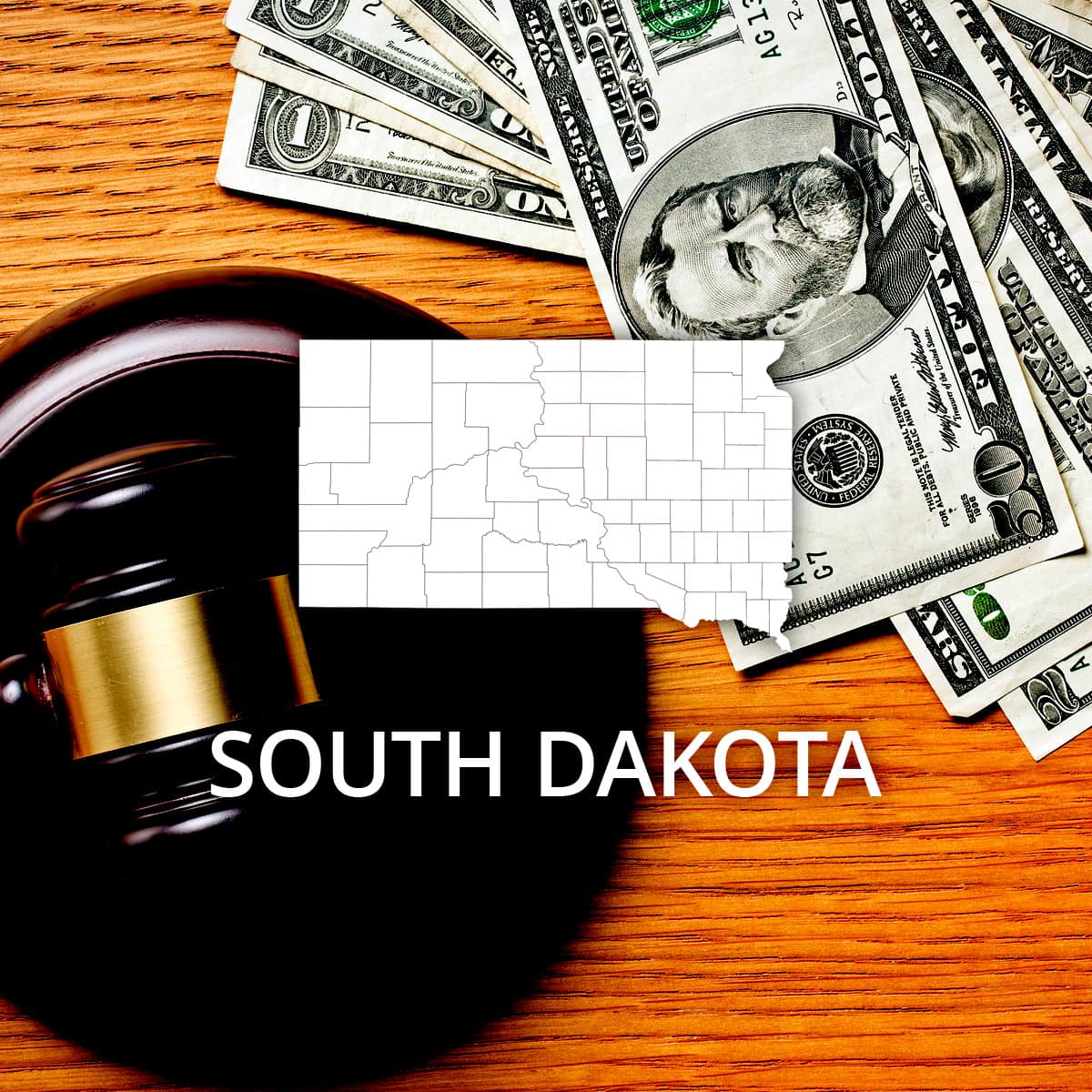 Multiple Bankruptcies: How Often You Can File One?
Multiple Bankruptcies: How Often You Can File One?
Table of Contents
 How to File Bankruptcy in South Dakota
How to File Bankruptcy in South Dakota
 Filing bankruptcy may be a legitimate way to reduce your expenses and financial obligations if you're in over your head. Bankruptcy is a federal matter and governed by federal law, and court cases are petitioned and granted by a local U.S. Bankruptcy Court.
Filing bankruptcy may be a legitimate way to reduce your expenses and financial obligations if you're in over your head. Bankruptcy is a federal matter and governed by federal law, and court cases are petitioned and granted by a local U.S. Bankruptcy Court.
 Types of Bankruptcy and Terms
Types of Bankruptcy and Terms
An individual filing bankruptcy will either file Chapter 7 or 13. Chapter 7 allows the debtor to liquidate property to pay creditors some or all of the money they are owed, and discharges unsecured debt to allow the debtor to start with a clean slate. Chapter 13 allows the debtor to keep their property by reorganizing debt based on agreements made with creditors to reduce balances and/or payments to a manageable level.
Chapter 11 is often filed by a business who wishes to reorganize debts and maintain ownership of property, and Chapter 12 is filed by professional farmers and fishermen.
 Steps to File Bankruptcy
Steps to File Bankruptcy
It is strongly suggested by the U.S. Bankruptcy Court to seek an attorney's advice when considering filing for bankruptcy. You can file pro se if you chose to, but the American Bar Association may also provide names of local attorneys who will consult with you at a reduced rate.
The first requirement when filing for bankruptcy is for all debtors to complete an approved credit counseling course and obtain a certificate of completion to present to the court. This certificate must be dated within 6 months prior to the date of court filing.
If a debtor chooses to file for Chapter 7 bankruptcy, they must first meet a means test administered by the court. This test basically determines net available income to meet debt obligations after accounting for all sources of income and regular living expenses.
Schedules and forms must be filled out and tax forms, identification and verification of all information provided must be provided to the court by specified dates. If a deadline is not met, the court may dismiss the case. Court fees must also be paid at the date of filing. A Chapter 7 petitioner may ask the court for reduced payment plans to meet the court fee obligation.
A meeting of creditors is scheduled by the assigned trustee, where all creditors meet with the debtor and trustee to negotiate debts and repayment or liquidation. Creditors may ask the debtor questions about their current employment status, payment history and other things pertinent to their ability to pay.
After a schedule of repayment or discharges is agreed upon, it is submitted to the court for approval. However, the debtor is required to complete a financial management course by an approved vendor prior to the court discharging the case.
After the bankruptcy is complete, it will remain on the debtor's credit report for up to 10 years.
Additional information and bankruptcy forms can be found at https://www.uscourts.gov/forms/bankruptcy-forms or RecordsFinder.com Court Forms Section.
 Location Specific Information
Location Specific Information
The District of South Dakota U.S. Bankruptcy Court has locations in Pierre at 225 South Pierre Street, and in Sioux Falls at 400 South Phillips Avenue.




